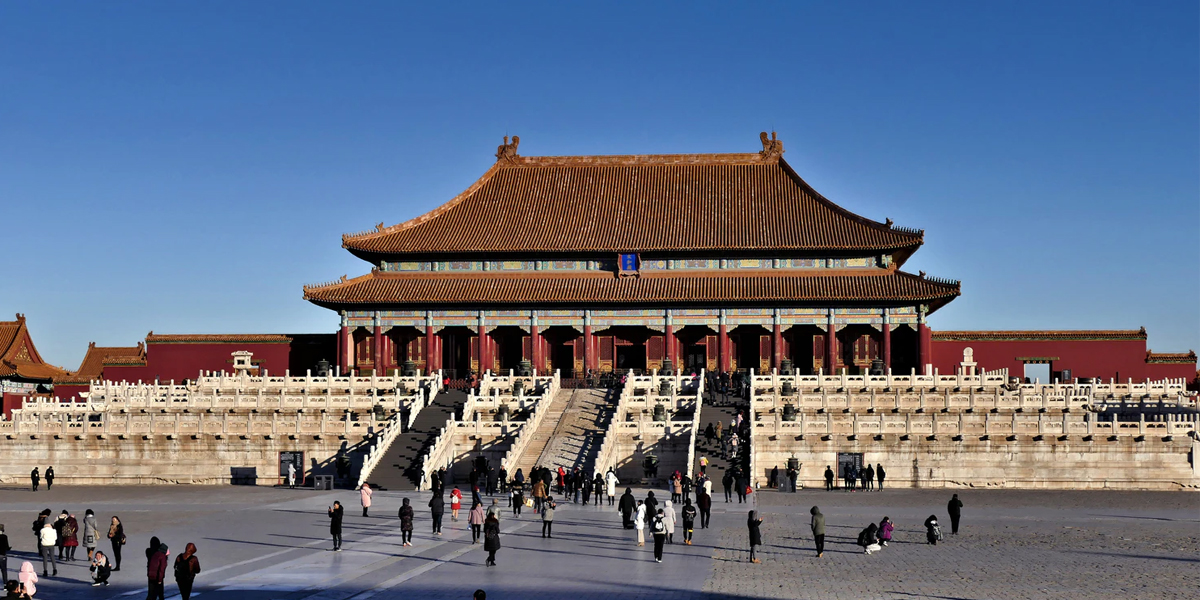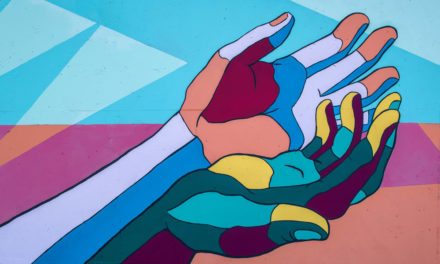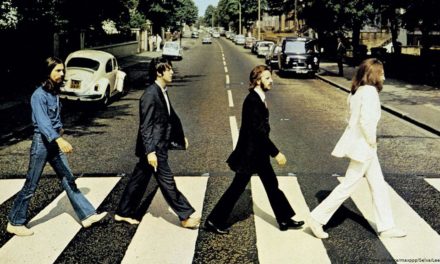Thirty-one years ago, students took to the streets of Beijing, congregating at the famous Tiananmen Square to protest for greater political freedom – the rest is history.
Student-led demonstrations had already emerged in the mid-1980s as China raced towards economic development and social changes. The Communist Party was divided between introducing more change, while hardliners favoured maintaining state control.
After the death of one of its former leaders, Hu Yaobong, who had strongly advocated for democratic reform, mourning students took to the streets to commemorate him and demand greater accountability, constitutional due process, democracy, freedom of the press and freedom of speech.
As the protests evolved, students took part in hunger strikes and numbers only continued to grow. At one point, estimates showed that one million protestors had gathered at Tiananmen Square.
However, things took a turn for the worse when the government declared martial law. Soon after, the Chinese police and military were on the streets, with tens of thousands of troops and armoured vehicles at their disposal.
June 4th marks the harrowing day, forever immortalised in history, when in the early hours Chinese authorities began storming the square and opening fire on the unarmed protestors and bystanders without warning. The death toll has never been released but estimates span between the hundreds or thousands.
While many might not know the details of what occurred on June 4th, 1989 in Beijing, the iconic photo of the “Tank Man” – an unnamed person standing defiantly in front of a tank for several minutes – has spread across the world.
Hong Kong Protests
Tensions are high in the air in Hong Kong, as a newly passed bill has criminalised insulting China’s national anthem, and protests have already broken out in recent weeks due to the mainland’s increasing control of the city.
The Hong Kong Alliance in Support of Patriotic Democratic Movements of China has been holding a vigil in commemoration of the 1989 protests for thirty years, however, this could be the last time. China has recently approved a national security law in the city that could see the freedoms granted to residents curtailed.
READ MORE: China’s Parliament Approves Hong Kong National Security Law
- This Artist is Making the Underwater Arena His Canvas - 28th April 2021
- A Video Game that Promotes Peace and Conflict Resolution - 15th March 2021
- Netflix’s ‘Living Undocumented’ is a Difficult Series to Watch, and Exactly Why We Should - 9th March 2021






